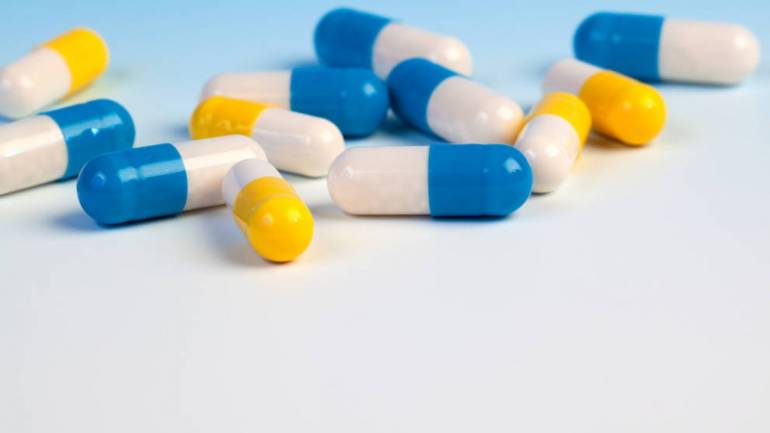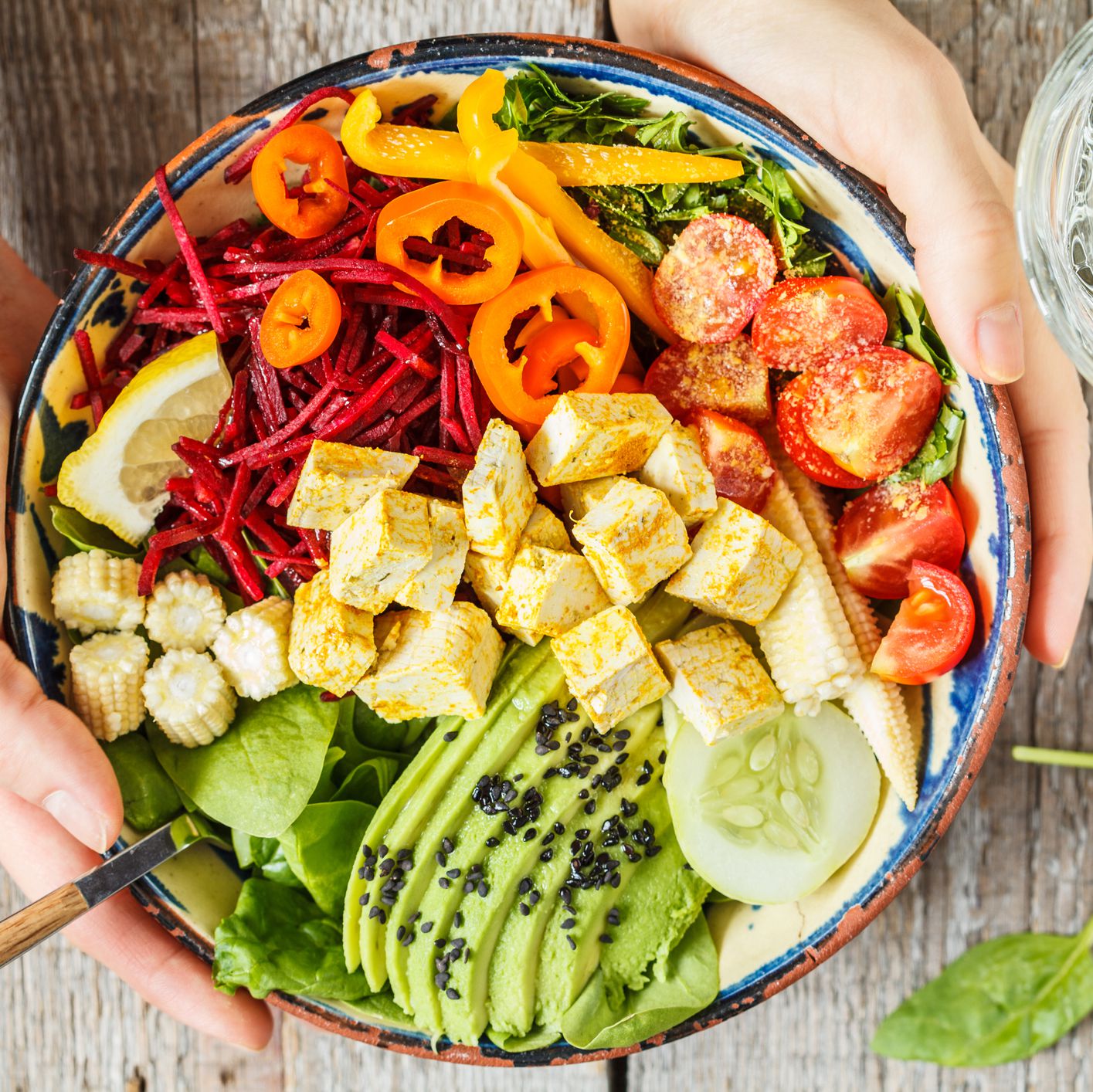
The government’s delay in coming up with a policy that provides incentives to boost local manufacturing of bulk drugs could jeopardize a potential opportunity that’s opening-up due to the rising cost of Chinese active pharmaceutical ingredients (APIs) and intermediates.
The government, in its Draft Pharmaceutical Policy – 2017, had proposed several incentives to encourage local industries to take up the manufacture of bulk drugs. This included giving preference to the formulations produced from indigenously produced APIs in government procurements and taking them out of price control for five years.
The government spoke about imposing peak duties on API imports which can be indigenously manufactured. Additionally, the government said it will support and create an enabling environment to set up mega bulk drug parks having common facilities for pollution control, effluent treatment, and single environmental clearance.
But so far none of these promises that mentioned in the draft policy have seen the light of the day.
Rising cost of Chinese APIs
Indian companies depend on Chinese imports for APIs and intermediates to formulate drugs in India. In FY18, India imported organic chemicals worth $7 billion from China, much of it is for consumption by the pharmaceutical industry.
China replaced India as the bulk drug powerhouse of the world two decades ago. Low wages, liberal regulatory and environmental regulations, and government support in form of infrastructure, cheap loans, low valuation of renminbi have all helped Chinese companies to build huge capacities, usurping India’s dominance. The Indian government’s drug price control policy too didn’t help matters for API companies.
However things are changing. China had started to crackdown on thousands of its factories to check pollution and raise overall safety standards.
In order to raise drug quality standards, China’s drug regulator joined the International Council for Harmonisation of Technical Requirements for Pharmaceuticals for Human Use (ICH), in addition to becoming a member of the Geneva-based Pharmaceutical Inspection Convention (PIC).
All these measures, along with rising labour costs, is making Chinese APIs expensive.
Barriers for local production
The US-China trade tensions too isn’t helping matters. All these are forcing Indian companies to look at alternate API manufacturers. But there aren’t too many. Producing them locally isn’t financially viable for Indian companies.
For instance it costs around Rs 120-150 to treat one kiloliter of waste water, which constitutes about 4-5 percent of production cost. Regulations dictate that companies are not supposed to discharge a drop of water without treatment.
“We are expected to have zero discharge plant for every site as per environmental regulations. It’s not viable as it increases cost and APIs are commodities with very low margins,” said a manufacturing head of a drug company.
“It takes around five years to get environmental clearance to set up a unit, also getting licenses to buy raw materials isn’t easy either,” said M Narayana Reddy, MD of Hyderabad-based Virchow Laboratories.
“Single window clearances promised by state governments have only opened multiple windows,” Reddy said.
Virchow is one India’s largest bulk drug maker.
The Telangana government, rather than waiting for the Centre’s bulk drug policy, had moved ahead developing a mega pharmaceutical park called Pharma City on the outskirts of Hyderabad. It covers 19,000 acres, and promises common amenities such as CETP, quality assurance labs, animal testing centre, pollution control facilities and skill development centre.
But companies say the pace has been slow.
“It’s been five years since the government has notified pharma city, but the land acquisition process is yet to be completed and development of its infrastructure is yet to start in a big way,” an executive whose company took plot in the pharma city told Moneycontrol.
Bangladesh is not far behind
Meanwhile Bangladesh, which has emerged as an important global textile exporting hub, is eyeing bulk drug manufacturing.
The Bangladeshi government had announced a corporate tax holiday for API and intermediate manufacturers till 2032. The government also announced a slew of incentives to encourage the local manufacturing of drug ingredients.
Adding to the government’s push, Bangladesh’s cost of manpower in comparison to India.
Deepnath Roy Chowdhury, President of Indian Drug Manufacturing Association (IDMA) said it is in continuous dialogue with the government over hammering out a bulk drug policy.
[“source=moneycontrol”]

